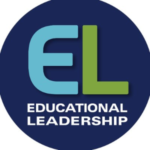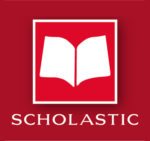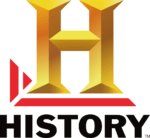Project-Based Learning
The GIANT Room in collaboration with Lysol® has created a free digital-resource series of Minilab Science Kits accessible to educators, co-designed by teachers, families, and students. The HERE for Healthy Schools program is intended to promote healthy learning about microbes and germs to reduce school absenteeism.
Activities are designed for children in grades 1 and 2.
IDEAS Empowered by Youth® PBL Curricula is a pioneering approach to youth education, ideally tailored for today’s rapidly evolving, technologically-driven, and globally connected world. The Curriculum Fundamental Training prepares educators to present PBL curricula for students. By preparing educators to instill a culture of self-directed learning, it emphasizes crucial skills that today’s youth require: effective communication, collaborative learning, creativity, critical thinking, and emotional intelligence.
Climate change is an important learning and advocacy initiative for today’s youth. This free PBL curriculum resource is an engaging and interactive curriculum tailored for grades K-12, focusing on climate change education.
In this engaging and influential program, youth will:
Learn about global climate and environmental problems, including the plastic trash crisis, pollution and its effects, the shortage of fresh water, and other health threats.
Discover how these problems affect their communities.
Explore how their personal choices affect the environment.
Create a proposal to solve a problem related to climate change or the environment in their community.
Present the proposal to experts.
Present the final version of their proposal to their peers at a culminating event
Welcome to Project S.O.W. (Seeds of Wonder): Food Gardening with Justice in Mind, a food gardening curriculum for educators who work with young people ages 13-19, centering personal growth, community connection, and equity.
This article describes the process of students’ learning and the depth of their cognitive engagement— rather than the resulting product—that distinguishes projects from busywork. The hypothetical project described in this article was inspired by a real project, “Media Saves the Beach,” carried out by students at High Tech High in San Diego, California. This is a great resource because it provides realistic examples for what essentials are necessary in order to create a Project Based Learning system.
The several video courses on this site provide the in-depth information needed to move into technology-based teaching.
Today, Scholastic books and educational materials are in tens of thousands of schools and tens of millions of homes worldwide, helping to Open a World of Possible for children across the globe.
The National Education Association (NEA), the nation’s largest professional employee organization, is committed to advancing the cause of public education. NEA’s 3 million members work at every level of education—from pre-school to university graduate programs. NEA has affiliate organizations in every state and in more than 14,000 communities across the United States.
Intel gives information to teachers about how to incorporate technology into the classroom and find which technologies will work well in their classrooms.
High Tech High teachers document the success of their project-based learning efforts to share with other educators. These in-depth projects can be recreated in your classroom or can be used as a launching pad for projects of your own designs.
A general overview of what PBL is and a short history of PBL.
Hubpages offers social studies, geography, and civics project ideas








